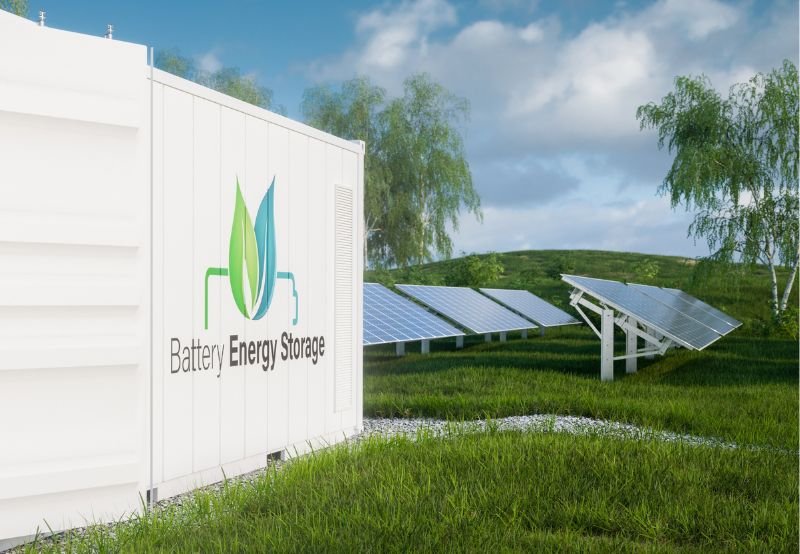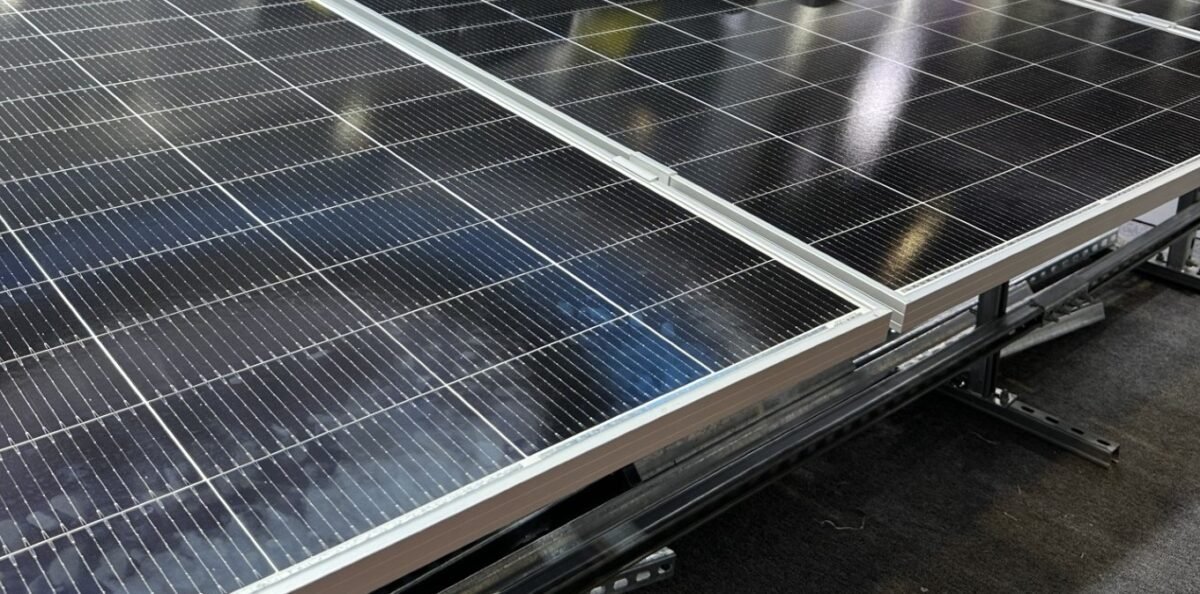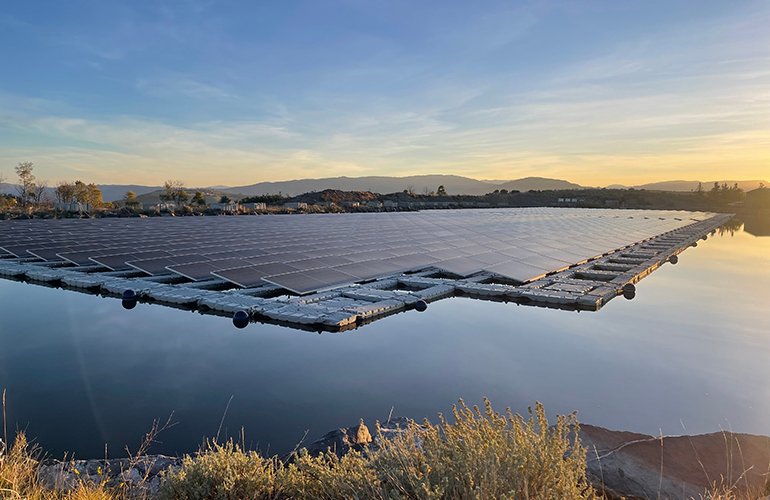M&S and Schneider Electric Partner to Decarbonize Supply Chains with RE:Spark
The retail giant Marks & Spencer (M&S) and energy leader Schneider Electric have joined forces to launch RE:Spark, a groundbreaking initiative aimed at slashing carbon emissions across supply chains. This innovative program empowers suppliers to adopt rooftop solar arrays and smart energy systems, revolutionizing the industry’s approach to decarbonization.
Why RE:Spark Matters for the Solar Industry
Supply chains account for over 70% of global emissions, yet few programs tackle them systematically. RE:Spark flips the script by offering suppliers tools to adopt solar power, battery storage, and smart energy systems. Imagine thousands of factories switching to solar panel arrays—this could mean massive demand for solar installers and integrators.
The Nuts and Bolts: How RE:Spark Works
Schneider Electric brings its Energy-as-a-Service expertise, helping suppliers:
- Audit energy usage with IoT sensors
- Transition to solar panel arrays
- Optimize consumption using AI-driven microgrids
M&S sweetens the deal by linking participation to preferential buyer status. It’s a classic carrot-and-stick approach.
But Can Suppliers Afford This?
Solar seems expensive upfront, yet RE:Spark’s financing models ensure ROI within 2-4 years. Suppliers get access to Schneider’s preferred rates for Tesla Powerwalls and Fronius inverters. There’s also talk of green bonds for large-scale transitions.
A Case Study in the Making
One textile supplier in Gujarat reduced its grid dependence by 65% through RE:Spark’s pilot. They installed 500kW rooftop solar paired with battery storage, curbing peak demand charges. The payback period? Just 31 months.
The Ripple Effects
This isn’t isolated to M&S. Competitors like Tesco and Unilever will likely follow suit. Solar companies should prepare for:
- Surge in commercial rooftop inquiries
- Demand for hybrid inverters that sync with grids
- ESCO partnerships for performance contracts
By 2027, programs like RE:Spark could make net metering as common as LED lighting in warehouses.
The Road Ahead
Early hiccups exist—some suppliers worry about intermittency during monsoon seasons. But with smart load shifting and battery buffers, these concerns fade. The message is clear: corporate decarbonization is solar’s next frontier. Those who adapt will light up the future.





